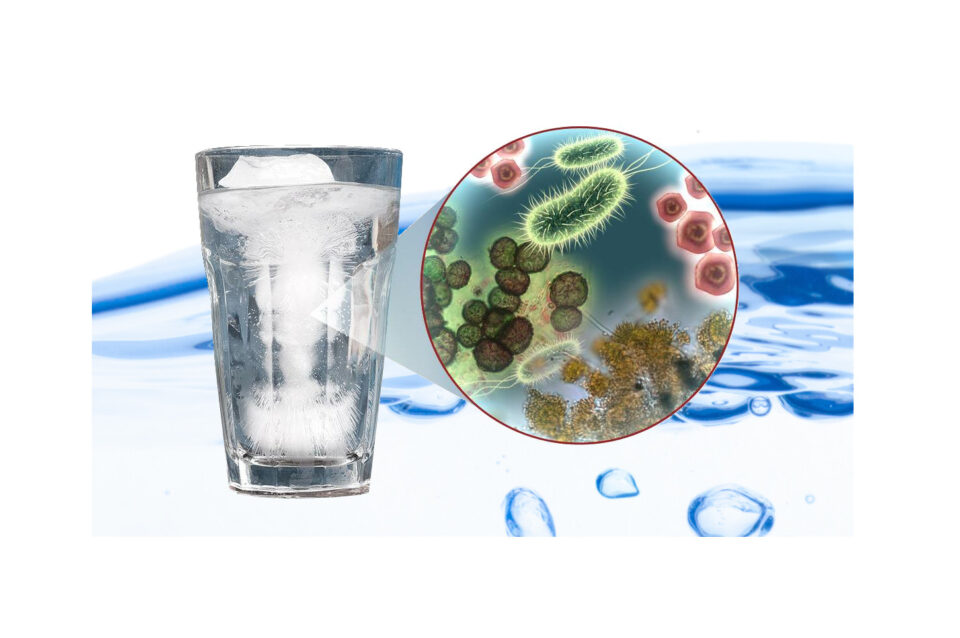While tap water is generally safe to drink in many developed countries, there are risks associated with consuming unfiltered tap water that often go unnoticed. While regulations are in place to ensure water quality, contaminants can still find their way into the water supply, posing potential health hazards. Here are some of the risks of drinking unfiltered tap water:
Microbial Contaminants: Unfiltered tap water can contain various microorganisms, including bacteria, viruses, and parasites, which can cause gastrointestinal illnesses such as diarrhea, vomiting, and stomach cramps.
Chemical Contaminants: Tap water can also contain chemical contaminants such as lead, arsenic, and chlorine, which can have adverse health effects over time. Lead, for example, can lead to developmental delays in children and kidney problems in adults.
Pesticides and Herbicides: Agricultural runoff can introduce pesticides and herbicides into the water supply, which can be harmful to human health. Long-term exposure to these chemicals has been linked to various health issues, including cancer and reproductive problems.
Heavy Metals: Unfiltered tap water may contain heavy metals such as mercury, cadmium, and chromium, which can accumulate in the body over time and cause serious health problems, including neurological disorders and organ damage.
Chlorine Byproducts: While chlorine is added to tap water to disinfect it, it can react with organic matter in the water to form disinfection byproducts (DBPs) such as trihalomethanes (THMs), which have been linked to an increased risk of cancer and other health problems.
Sediment and Particulate Matter: Unfiltered tap water may contain sediment and particulate matter, which can affect the taste and appearance of the water. While not necessarily harmful, these contaminants can be unpleasant to consume.
To reduce the risks associated with drinking unfiltered tap water, consider installing a water filter in your home. Water filters can remove many contaminants, including microorganisms, chemicals, and heavy metals, making your tap water safer to drink. Additionally, be sure to follow any local water quality advisories and have your water tested regularly to ensure its safety.

